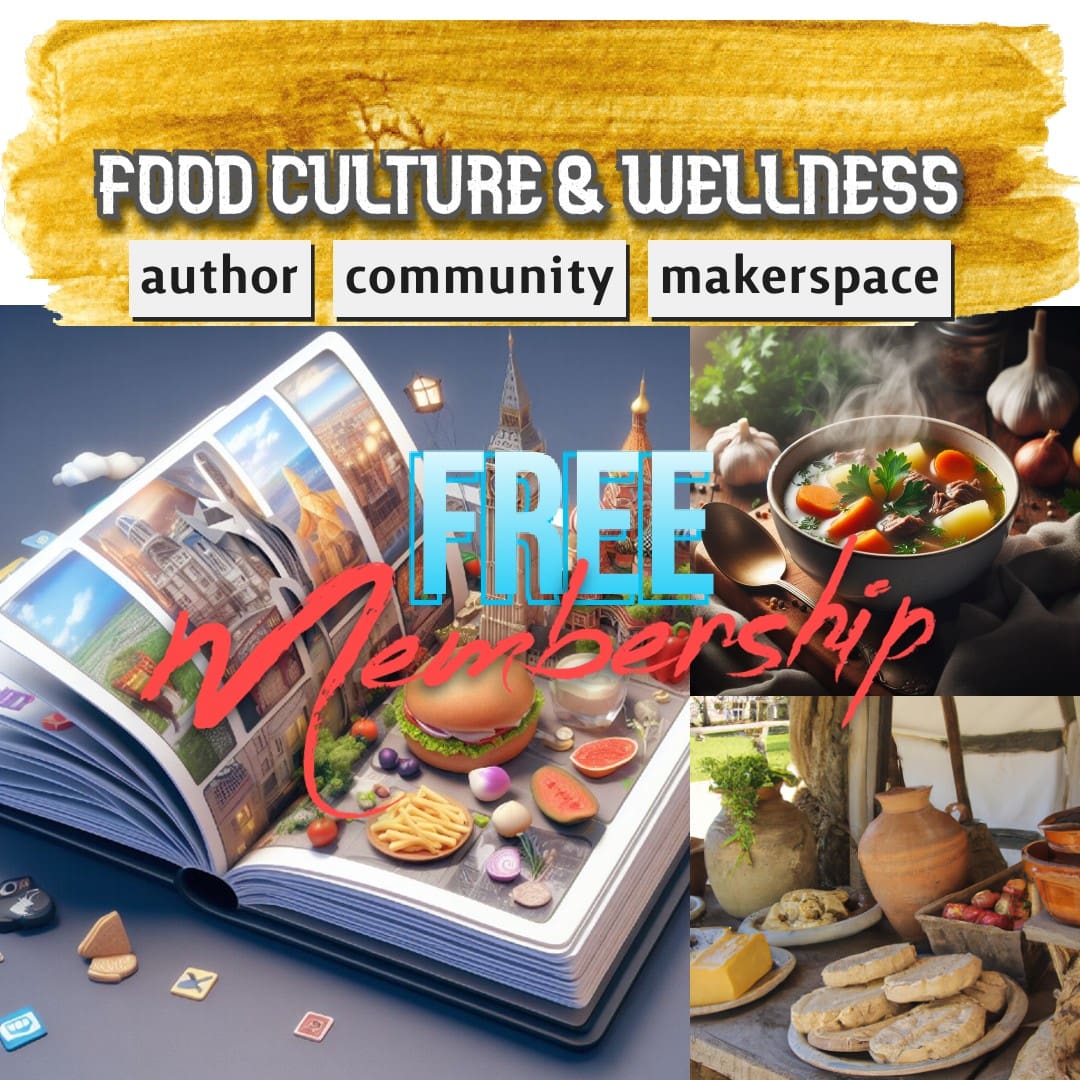Listen to the story

An open-source approach
In an open-source approach to lifelong learning, the student becomes a co-creator of knowledge and skills. This is in contradiction to the 20th Century systemic approach where the learner was a passive receiver of information and strict how-to-instructions. Then, how do you upgrade and value the quality of lifelong learning in an open context? Is MOOC the only possible form of borderless education for lifelong learners in higher education? What about lower levels with perhaps more skill-based or mindful learning? This is what we will explore in this part and the next of this long read story.
Opening up the Scholars’ Republic
In Medieval times scholars and students were wandering between the growing amount of universities searching for the knowledge and environments of their own choice. Wisdom was the goal. As the centuries went by this goal was abandoned in favour of the nations’ demands. During the past two centuries, the equation of education has been that the nation has acknowledged different demands and located its educational resources to meet these demands. Now the pendulum is turning. The equation of the 21st Century is a flipped educational environment based on human creativity. In the next step, this breeds innovation that breeds new ideas that turn into financial gains as well as social gains.
Beyond MOOC
The critics of MOOC claim that there are too many dropouts from the courses so the concept cannot be taken seriously. Moreover, despite that, the courses are open to everybody it is mostly people with high education who register. Another line of critique is that the students to a large extent remain anonymous to the teacher and their fellow students. Thereby it is hard to produce a collaborative environment for learning and sharing experiences.
However, all these lines of critique give evidence that the student is the core and the driving force in lifelong learning. Both in concerns of the time, mobility, motivation, participation in group work is all going through a profound individualisation. This is what open-source learning is all about, just like in Medieval times students and scholars will wander from educational institution to institution, both online and in the real world. Some US universities have already acknowledged this development and offer courses that make the student travel to different campuses and institutions around the world. The multicultural inspiration and knowledge, as well as contacts, are an invaluable added value in this approach.
The lifelong learner as a co-creator of knowledge
An open-source approach to learning does not necessarily mean that education is free as in no cost or even cheap, but free as in free choice. However, to make the right choices you sometimes need personal advice. This is one of the areas where educational organisations/consultants can expand their business in the future.
Another is closer integration with the labour market with matching and coaching. And a third is formation, not only in concern of content but also added value of experiences of multi-culture and language etc. Universities online and the campus is, of course, one important pillar in this learning environment. But mindful learning and competence can also take other forms. In the third part of this story, we will dig deeper into how to value different forms of learning in an open-source environment.
A Book is a Journey
The merger between the digital and the real world increases the number of learning paths. But where do you start? Since using the well-known format of a book can be seen as a knowledge journey, a main learning road, interactive features can be seen as the skills cultivator and deepening of knowledge, besides making the knowledge journey more engaging. It can also make learning more explorative and creative. For instance, if the book has an open ending and the added value for the learner is to actively learn about consequences of different scenarios. Another possibility is that the learner is adopting the role of different characters in the book in order to learn to see an event from different perspectives. The prospects of future learning, while leaving the old knowledge chunks of the industrial society behind, is very exciting and learner centric.
Written by
LarsGoran Bostrom©
SOE PublishingLab – our website has been updated – CLICK TO FIND OUT MORE – see video
Opens in a new tab





Pingback: Trends - most read and listened stories 2022